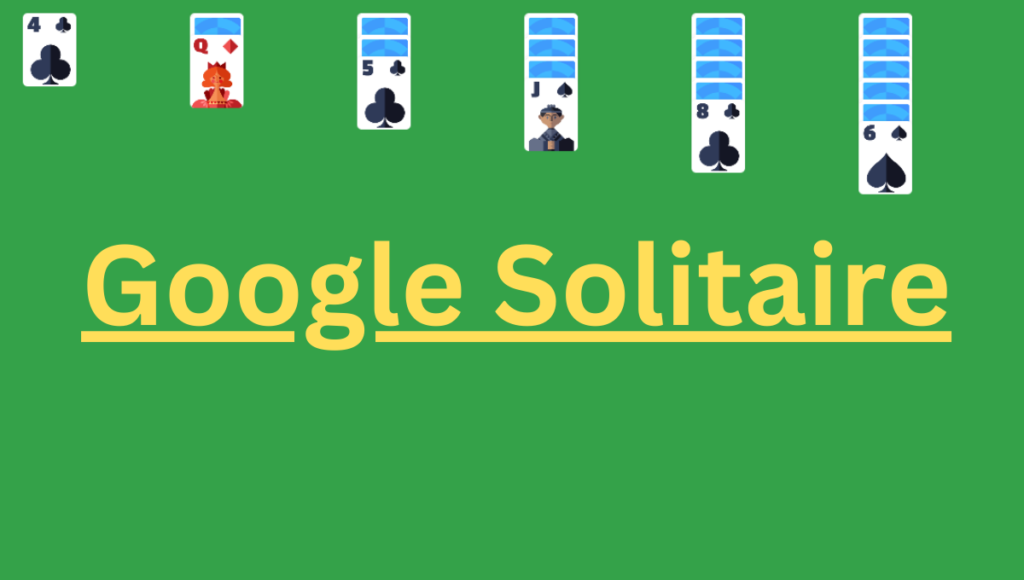For decades, a murmur of suspicion has trailed classic card games like Solitaire, particularly their digital counterparts. Google Solitaire, a familiar pastime readily available on most devices, hasn’t escaped this scrutiny. Many players swear the game throws them impossible hands, leading to the persistent question: is Google Solitaire rigged?
The answer is likely no. Google, like most developers of digital card games, relies on a concept called a Pseudo-Random Number Generator (PRNG). Unlike a true random number generator, which might be influenced by external factors like temperature, a PRNG is a complex algorithm that produces a sequence of numbers that appear random, but are actually deterministic. This means that given the same starting “seed,” the PRNG will always generate the same sequence.

This determinism is crucial for game balance and replayability. Imagine a truly random Solitaire game – you might encounter an unwinnable layout on the first deal, leaving you frustrated. The PRNG ensures a certain level of fairness, distributing winnable and unwinnable hands statistically.
However, the human mind is adept at pattern recognition. When faced with a string of losses, particularly after seemingly promising initial deals, it’s easy to perceive a pattern where none exists. Confirmation bias reinforces this perception. We tend to remember the frustrating losses more vividly than the satisfying wins.
Here’s a breakdown of why the “rigged” theory might feel true:
- The Challenge of Solitaire: Solitaire is a game of skill and strategy, but luck plays a significant role. Even the most skilled players will encounter unwinnable hands. Attributing losses to the game’s design rather than the inherent randomness is a natural tendency.
- The Illusion of Control: Unlike a game against another player, where chance seems more apparent, Solitaire places all the control in the player’s hands. When losses occur, it can feel like the game is actively working against us.
- The “Hot Hand” Fallacy: Humans tend to believe in streaks, both good and bad. A string of losses can lead to the belief that the game is “out to get us.” However, statistics dictate that streaks, both winning and losing, are inevitable in a game of chance.
So, how can you improve your Google Solitaire game? Here are some tips:
- Focus on Strategy: Mastering the core strategies of Solitaire, like building foundations and uncovering hidden cards, will significantly increase your win rate.
- Track Your Stats: Many online resources allow you to track your wins and losses. Observing your long-term win rate can help dispel the illusion of persistent bias.
- Change Up Your Playstyle: Sometimes, altering your approach can lead to breakthroughs. Experiment with different opening strategies or card sequencing.
Remember, Google Solitaire, like any game of chance, is designed to be challenging but ultimately fair. By understanding the role of randomness and focusing on strategy, you can increase your enjoyment and potentially rack up more wins.